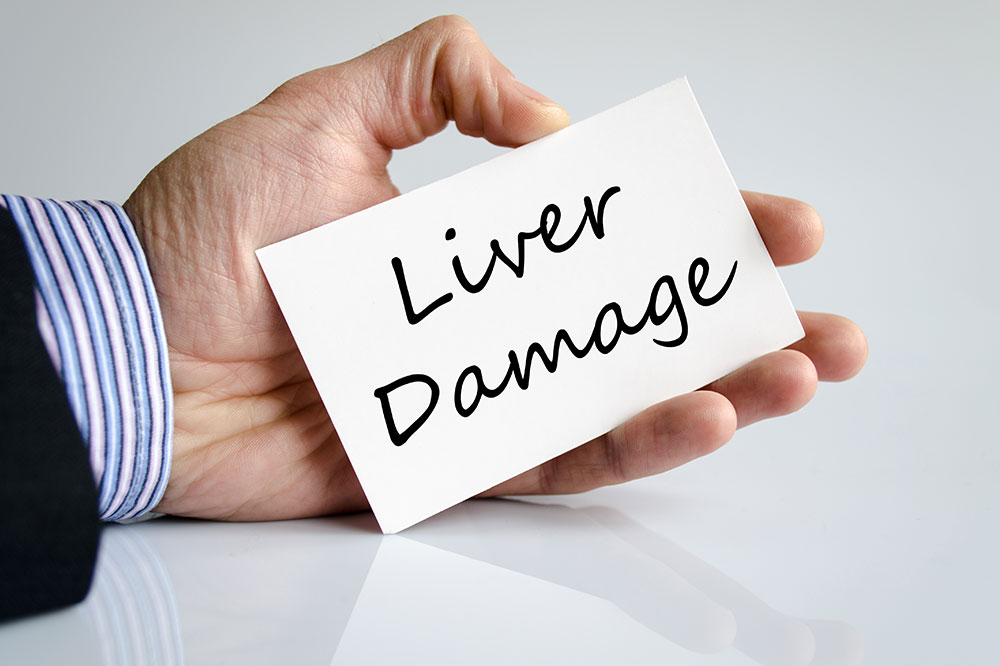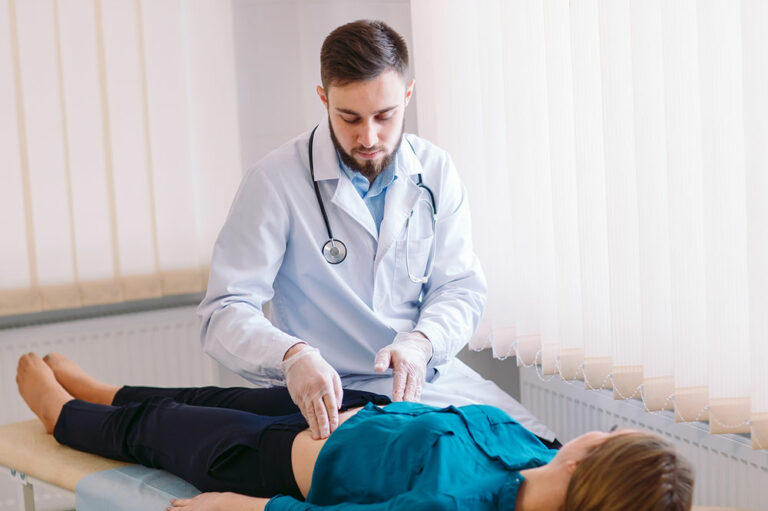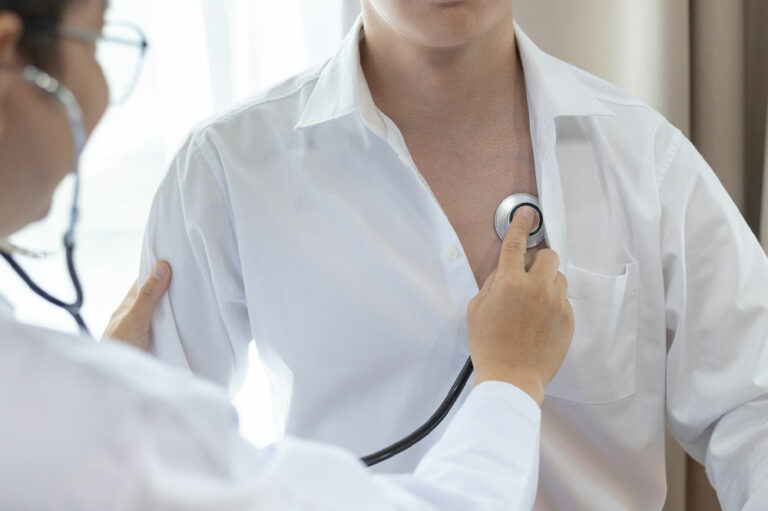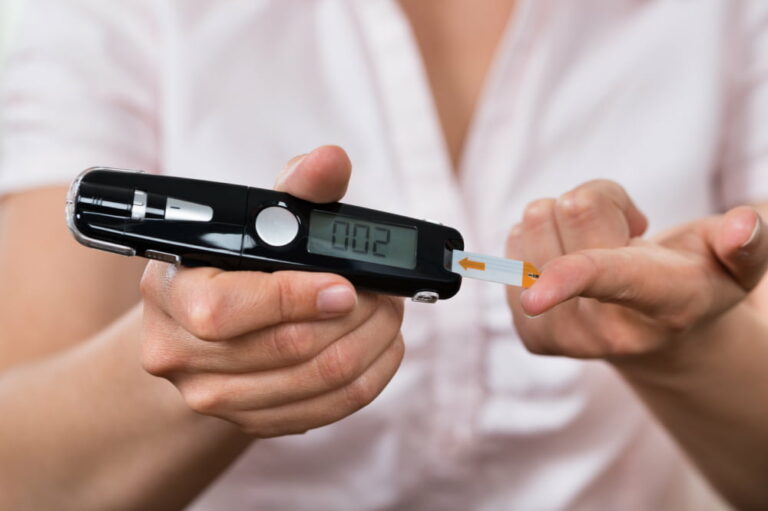3 signs of liver damage to never ignore

The liver performs several crucial bodily functions. For instance, it eliminates toxins, supports digestion, and helps store essential nutrients. However, specific lifestyle habits and underlying health conditions can affect the organ, lowering its performance and increasing the risk of severe complications. When that happens, one may develop numerous symptoms. Here are a few such signs of liver damage individuals should not ignore and immediately get a diagnosis from a healthcare professional.
Jaundice
Jaundice, characterized by the yellowing of the eyes and skin, is also called yellow fever. The ailment develops when there is a buildup of toxic compounds and waste products in the body, which the liver cannot filter out. Bilirubin is an example of such a toxic compound, formed when the body breaks down old or damaged red blood cells. When the liver cannot appropriately filter out bilirubin from the body, its buildup gives the skin, eyes, and even the mouth a yellow tint. One’s urine may also turn dark and the stool pale when suffering from jaundice. These are potential signs of liver damage that should never be ignored.
Fatty liver disease
Fatty liver disease is a common term for numerous illnesses that affect the liver when too much fat accumulates in its cells. The condition leads to several symptoms that should not be ignored, such as pain or discomfort in the upper right abdomen, constant fatigue, red palms, yellowing of the skin and eyes, enlarged spleen, enlarged blood vessels just beneath the skin’s surface, and abdominal swelling. Some of these symptoms also point toward liver scarring or cirrhosis, which needs immediate attention from a health professional.
Viral infections
Research studies suggest a link between viral infections and liver disease. Infections like hepatitis B and C directly point toward complications like liver damage or even liver cancer. Diagnosing hepatitis B is tricky as patients do not exhibit symptoms until too late; however, regular testing can help detect a problem. A significant risk factor of this condition includes sharing personal items like razors with someone already infected. The virus can also be transferred through infected semen and other body fluids, so it is always advised to be careful and use protection during intercourse.
The above are some illnesses that point toward a damaged liver. Those who develop them should visit a doctor as soon as possible. Individuals can avoid such ailments by following healthy lifestyle habits. Studies suggest eating nutritious meals is essential in keeping the liver healthy, so one should choose foods and beverages wisely. If confused, individuals should speak to a nutritionist or a primary care doctor to understand the best foods to prevent liver disease. The expert may also list other healthy practices to keep the condition at bay.










